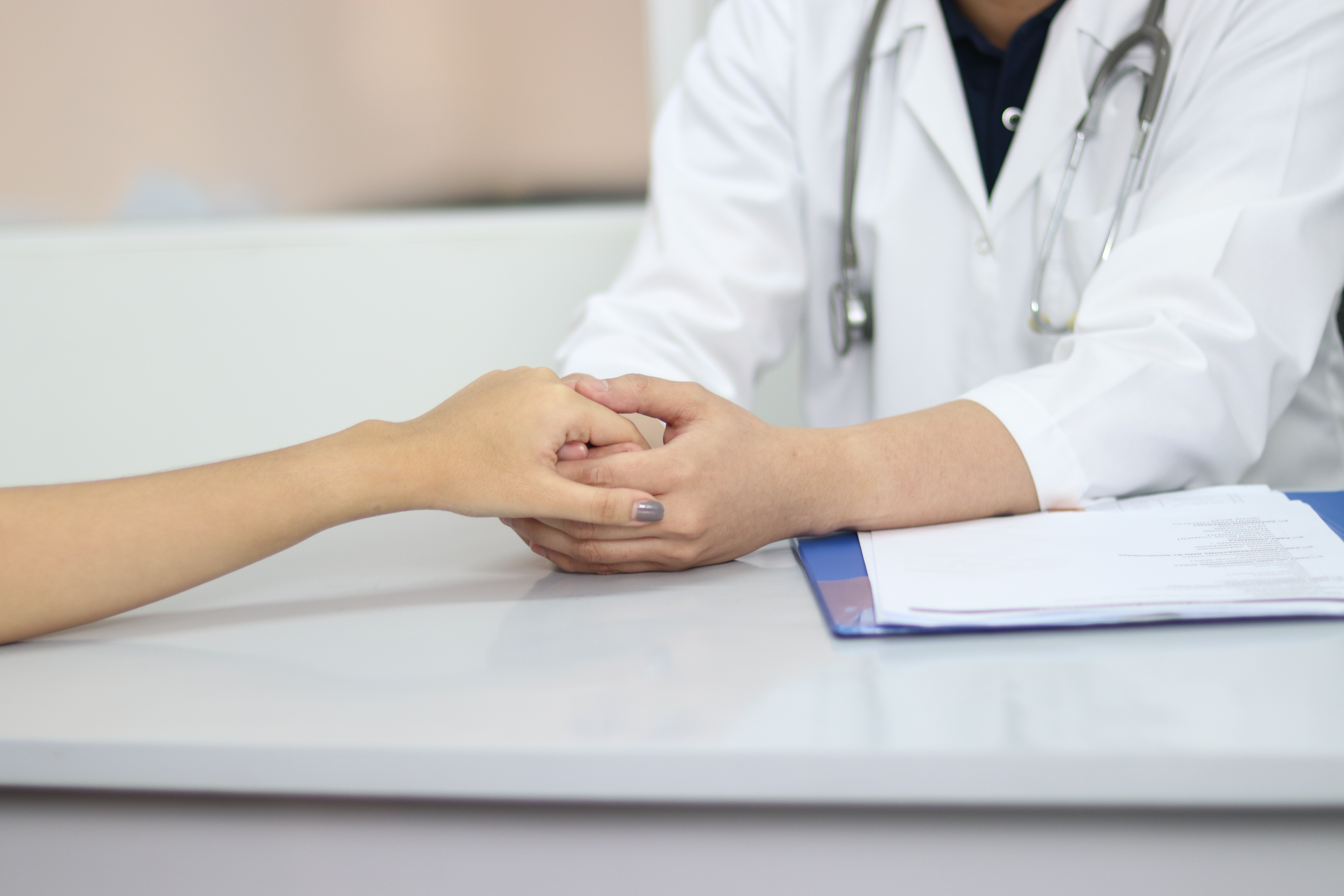
“More than half of pregnancy deaths in the US are preventable.” So read the headlines this week following a report from the Centers for Disease Control and Prevention that outlines just how poor healthcare is for mothers here in America—even as a our GDP comprises one third of the entire world’s.
But for those who pay close attention to this space, CDC findings like these have been emerging for some time and come down to this: The U.S. has the highest rate of maternal mortality in the industrialized world.
What stood out for us at Mor for Moms is the percentage of deaths that happened after the delivery. A third of them happen in the week after we first get to hold our babies. Severe bleeding, high blood pressure and infection were the most common causes of death.
Ensuring quality care for mothers throughout pregnancy and postpartum “should be among our Nation’s highest priorities,” CDC Director Robert R. Redfield said in a statement. And in a report last year, the American College of Obstetricians and Gynecologists said that the postpartum period is, for far too many women, “devoid of formal or informal maternal support.”
Dr. Alison Stuebe, a professor in the department of obstetrics and gynecology at the University of North Carolina School of Medicine, drew this analogy for NPR: “The baby is the candy; the mom is the wrapper. And once the candy is out of the wrapper, the wrapper is cast aside.”
Here in America, the reality of postpartum life for a mom looks like this:
- 40% of women do not see a doctor after giving birth
- 77% say pain interfered with their routine activities in the first two months after giving birth
- 23 % of working mothers are back at work within 10 days of giving birth
- 1 in 4 new mothers recently said they didn’t have a phone number of a health care provider to contact with concerns about herself or her baby
- 6 % of new mothers suffer from PTSD related to childbirth complications and other factors such as prior trauma
On Mother’s Day, let’s not just celebrate the moms in our lives for the amazing work they do bearing and raising children, but let’s also remember what they go through along the way. Self-care for new moms needs to be something we talk about more as a society. We think it would be a small but helpful step forward for moms out there to tell our expectant friends what we went through to help next-gen moms-to-be prepare for what’s really coming.

